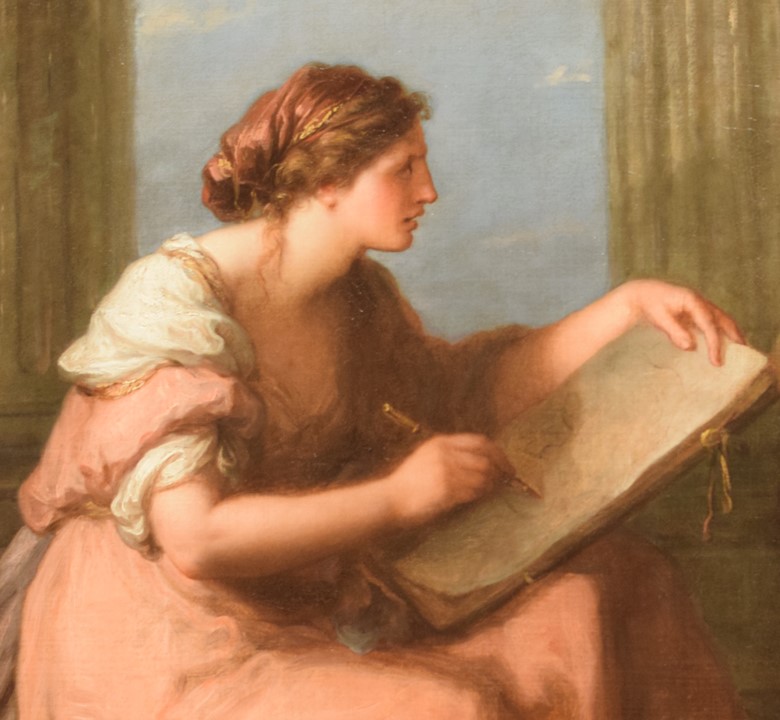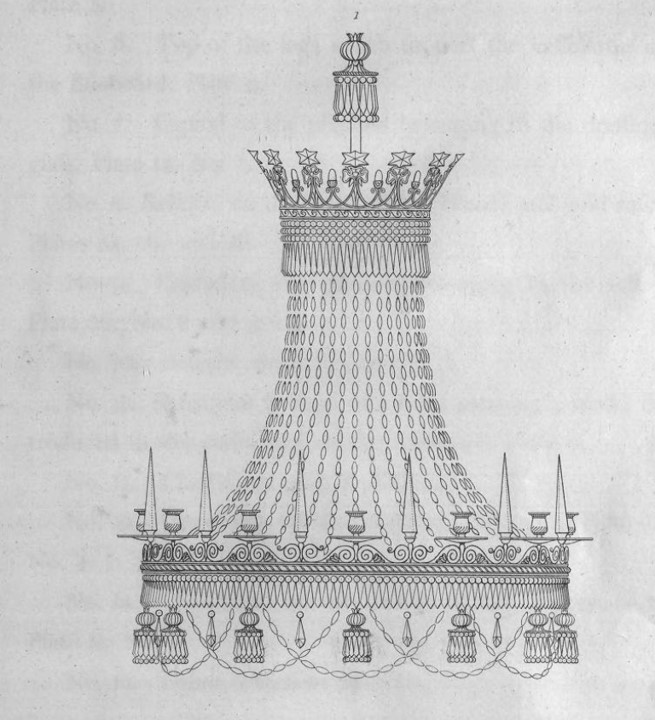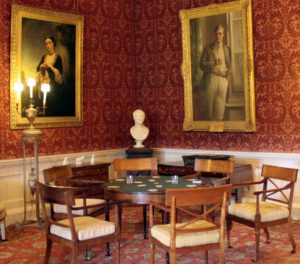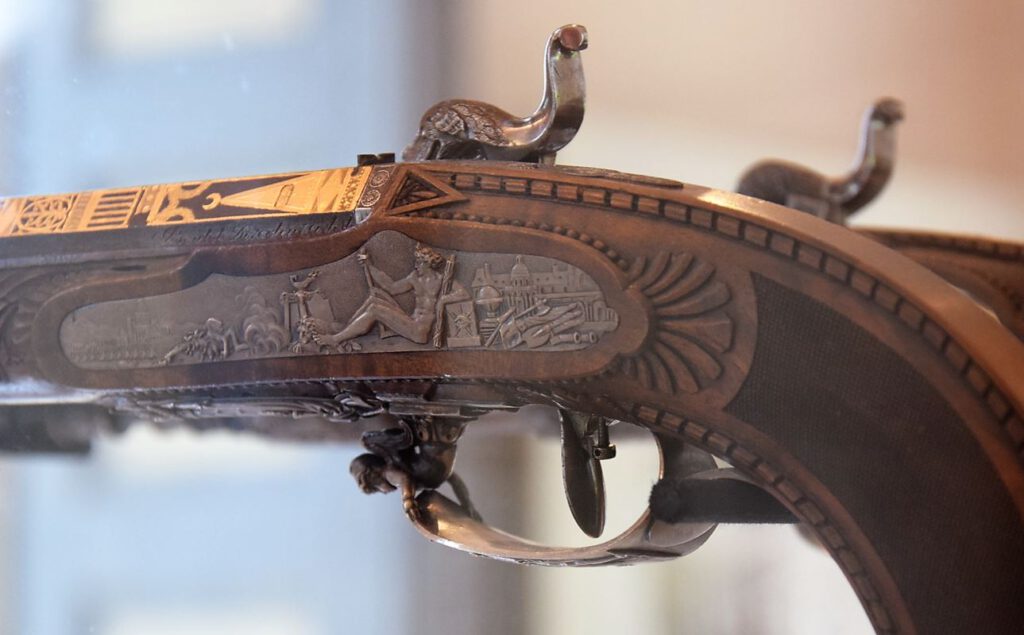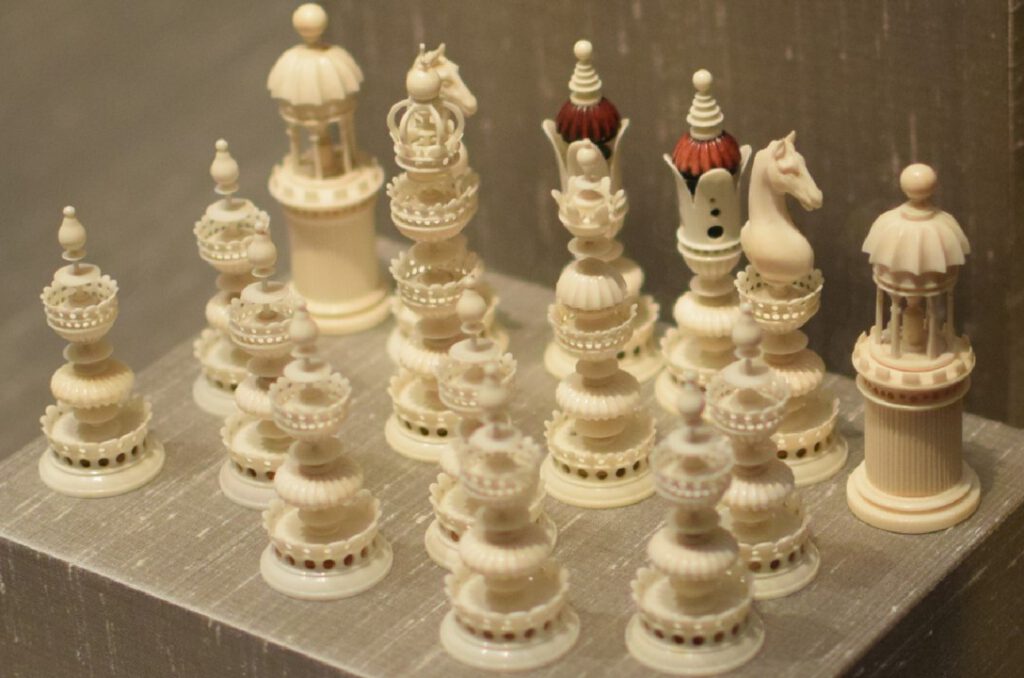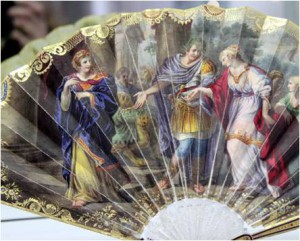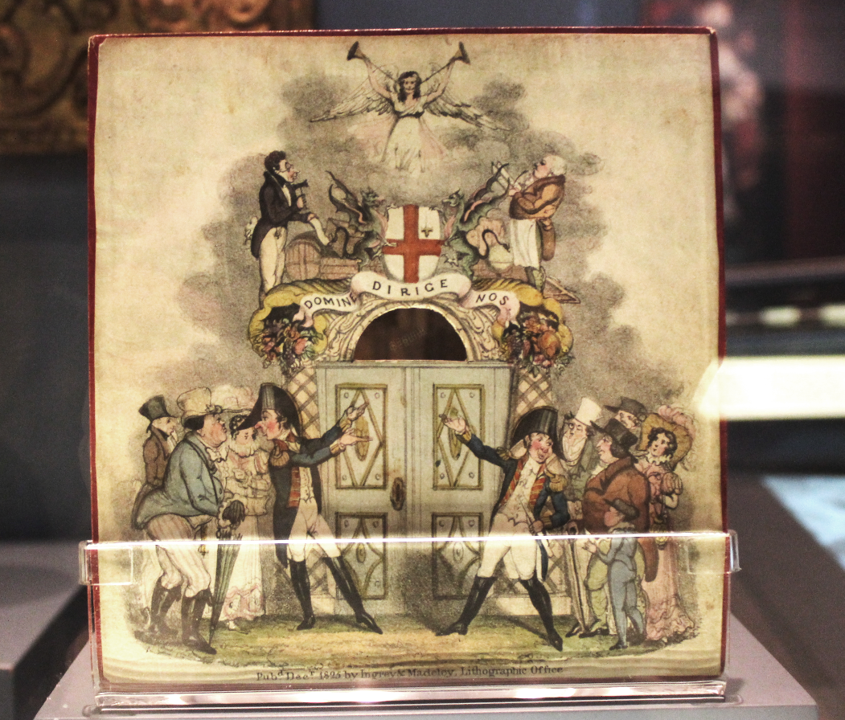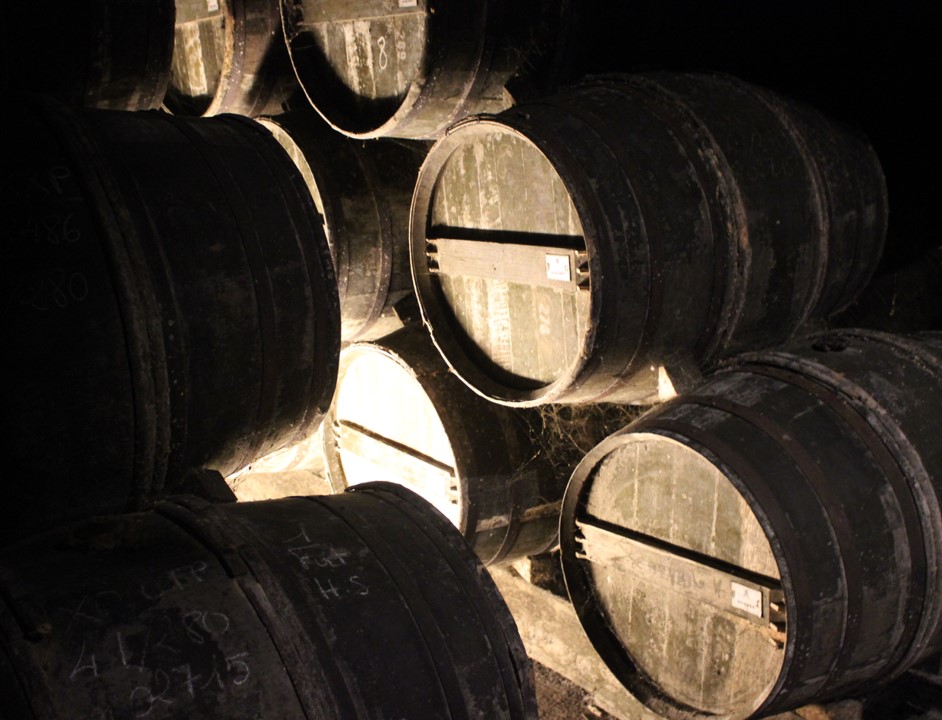
It’s 1814, and we find ourselves in a hidden cellar on a dark backstreet in the less noble parts of London. This is the domain of a ‘wine-brewer’, the artist among food forgers. ‘Wine-brewers’ possess many talents: they can give an immature red wine more astringency, render cloudy white wine transparent, and even conjure a Bordeaux from sloe berries. One might be tempted to admire their craft, were it not for the fact that some of their ingredients are unappetising, or even dangerous to the health and lives of unsuspecting consumers.
Continue reading


